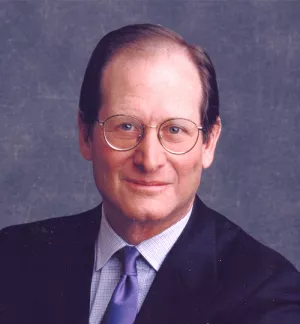In testimony before the Senate Armed Services committee, Admiral Mike Mullen called for repeal of the "don't ask, don't tell" law and shifted the debate in the Pentagon from whether to abolish the rule to how to do it. He stated the principle simply: "Allowing gays and lesbians to serve openly would be the right thing to do."
But developing consensus within the military on how to implement a non-discrimination rule is key to securing support within the armed forces, winning congressional assent and sustaining the current majority approval of openly gay service (as reflected in public opinion polls).
The initial news stories on the Mullen testimony (much more important than Secretary Gates grudging acceptance and Senator McCain's grousing) didn't focus on issues in implementation, but the strategy the Pentagon adopts--and the leadership it provides--will be critical to whether the principle becomes "actionable." This is now the story.
Although discussions within the Pentagon have been going on for more than a year, Secretary Gates and Admiral Mullen appointed a Pentagon review panel on how to put the principle into action. This panel will have up to a year to report, which some argue is too long, pointing to relatively swift implementation of non-discrimination against gays and
lesbians in the UK, Canadian and Israeli armed forces. The transition may take up to another year.
In any event, this panel will have to address any number of issues: for example, fraternization, public affection, relations between officers and enlisted personnel, hostile work environment, anti-gay violence, unit cohesion, effect of gay marriage, education and training--and ultimately a comprehensive implementation plan itself.
Clearly, non-discrimination against women has led to great strides in the military in terms of numbers, increased scope in roles and promotions. But, though I only know what I read from public sources, there is also no question that the military has had to confront any number of problems and has a distance to go to achieve the objective. This experience, although not completely analogous, should be important in identifying problems that should be addressed early in the planning stage of achieving non-discrimination against gays and lesbians.
Secretary Gates also asked for an update of a 1993 Rand Corporation study: "Sexual Orientation and U.S. Military Policy." That study underscored that "the manner in which such a policy [non-discrimination] is implemented would have a decisive effect on the acceptance of the new policy by the military." It concluded that a proper strategy properly articulated and properly put in force by top leadership should make it possible for a "policy that ends that ends discrimination based on sexual orientation [to] be implemented in a practical and realistic manner."
Admiral Mullen stands ready to provide that leadership (now supported, incidentally, by former chairman of the Joint Chiefs, Colin Powell, who took a different position in the early 90s). If Mullen can get it done during his remaining time as chairman of the joint chiefs, he will be the historic military leader on this issue.
Heineman, Ben. “All in the implementation.” On Leadership at washingtonpost.com, February 4, 2010


